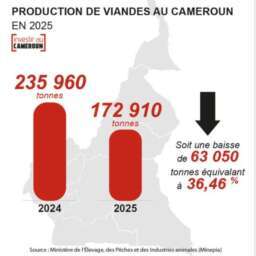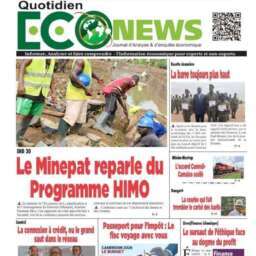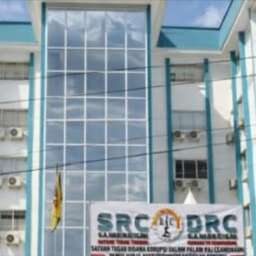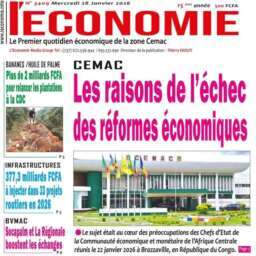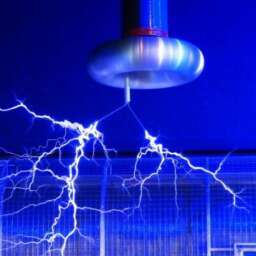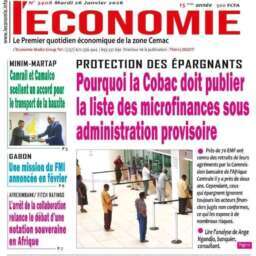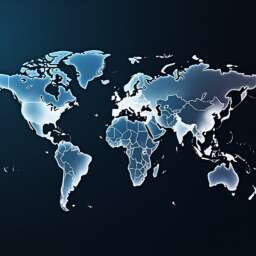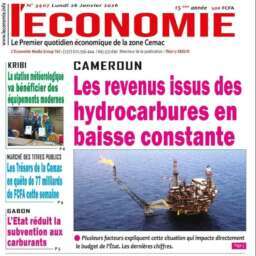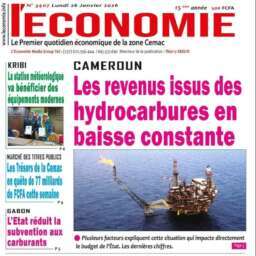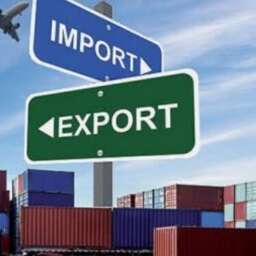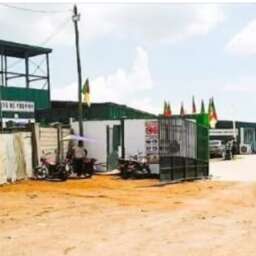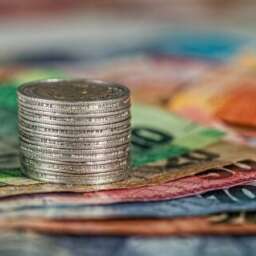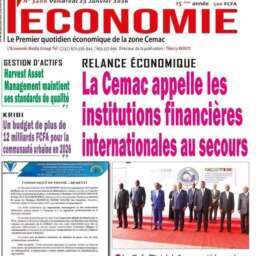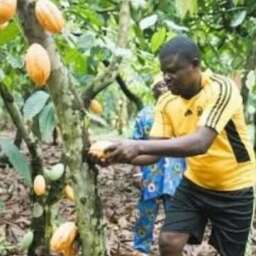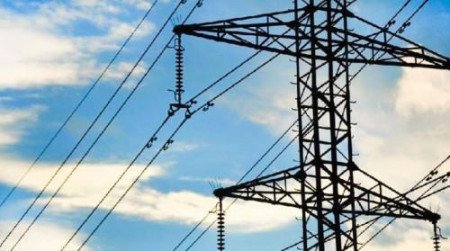(Business in Cameroon) – Cameroon has been hailed by the International Monetary Fund (IMF) and the World Bank as a rising energy hub set to drive industrialisation across Central Africa. At the African Caucus, a fringe event of the IMF and World Bank Fall Meetings, discussions focused on mobilising more private capital and foreign direct investment (FDI), with Cameroon’s energy ambitions spotlighted as a springboard for sub-regional growth. The country’s delegation was led by the Minister of the Economy, Planning and Regional Development, Alamine Ousmane Mey, who reaffirmed Cameroon’s commitment to expanding its energy base to attract new investment.
According to the World Bank, Cameroon’s active portfolio reached US$4.5 billion in 2025, a 21 % increase over two years, with nearly half of the funding channelled into energy and transport projects. This aligns with the Mission 300 initiative, launched by the World Bank and partner governments to provide electricity access to 300 million Africans by 2030.
At the event, Cheick Fantamady Kanté, the World Bank’s Director of Operations for Cameroon, said: “We really count on Cameroon to be the driver, being the energy hub of Central Africa on transport, the corridors, so we really want Cameroon to step up its role there, as well as leading the region in terms of climate and forest preservation.”
From the IMF side, Christine Dieterich, Senior Adviser for Africa, praised Cameroon’s reform trajectory, noting: “It was really a very useful stock-taking of the developments in Cameroon and the government’s ambition to further increase investment and to continue working on structural reforms in order to improve the macroeconomic stability for the country moving forward.”
Her remarks echoed the IMF’s regional outlook, which highlights that improving fiscal management and investment efficiency could lift growth in Central Africa to 4.2 % by 2026 if sustained. The challenge for Cameroon according to experts will be to convert its energy ambition into tangible industrial gains. With electricity demand in Central Africa expected to rise by 35 % by 2030, according to the African Development Bank, the country’s ability to attract FDI and scale up renewables could reshape regional trade, job creation and competitiveness.
“Electricity is the bedrock of jobs, opportunity and economic growth,” said Ajay Banga, President of the World Bank Group. He was referencing the same Mission 300 drive, of which Cameroon is now a signatory (one of 17 African governments in September 2025) to national energy compacts supporting the target.
Mercy Fosoh







